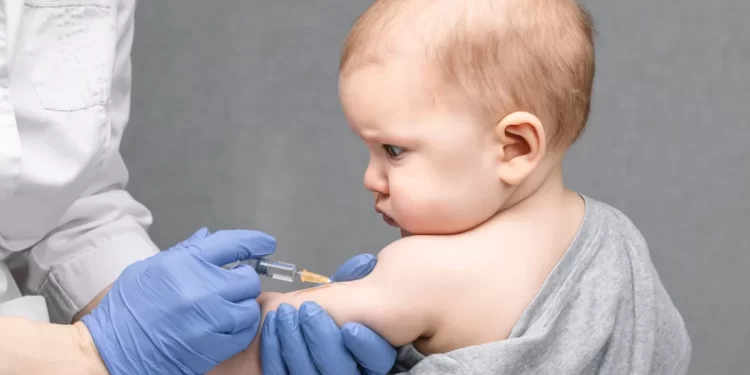When Dr. Sherri Tenpenny worked in the emergency room, she believed vaccines contained only weakened viruses and saline. That assumption shattered in September 2000 when she read the package insert of a vaccine for the first time. What she discovered set her on a path to uncover the shocking truth behind vaccine ingredients—information hidden in plain sight but ignored by most.
A Shocking Discovery
Dr. Tenpenny was horrified by what she found. “If a child receives every vaccine on the current U.S. vaccine schedule, they are injected with almost 13,000 micrograms of aluminum, nearly 600 micrograms of mercury, and over 200 other chemicals,” she explained in a recent interview with Jonathan Patrick Sears at the premiere of The Great Awakening. “I didn’t know that.”
This level of chemical exposure raises profound questions about safety—questions that, according to Tenpenny, remain unanswered because vaccines have never been proven safe. “That’s why,” she said, “they’ve never been proven to be safe. Giving your child a vaccination is like injecting foreign matter into a little baby—the most precious little thing in your life.”
Dr. Sherri Tenpenny: "If a child gets all of the vaccines in the entire schedule, they get almost 13,000 micrograms of aluminum, and they get almost 600 micrograms of mercury, plus over 200 different chemicals."
"So that's why they've never been proven to be safe."
Credit:… pic.twitter.com/ilgPzeZMhk
— Wide Awake Media (@wideawake_media) December 18, 2024
What’s Missing from Vaccine Labels?
Nicole Shanahan, former running mate of Robert F. Kennedy Jr., echoes these concerns, highlighting that even the disclosed ingredients on package inserts tell only part of the story. The production process itself introduces additional contaminants—and vaccine manufacturers aren’t required to report them.
“The vaccine insert covers the disclosed, known ingredients,” Shanahan explained. “It doesn’t mention the host of possible contaminants. For example, manufacturers can use cyanylating agents during processing—substances known to cause motor impairment, as seen in diseases like Konzo—and they aren’t required to report residual cyanide contamination.” […]
— Read More: rairfoundation.com



